Night and Fog Review
Alain Resnais originally didn’t want to make Night and Fog, and following its production, he suffered from prolonged nightmares. A viewer might experience something similar. It isn’t an easy task to sit down and consume Night and Fog, despite its mere 30-minute running time, and its disturbing imagery will leave that viewer shaken for some time.
Resnais’s reasons for not wanting to make the film, however, had nothing to do with squeamishness or civic passivity. On the contrary, he didn’t think an observer could treat the material with the same reverence as someone who was affected first-hand by the Nazi Party’s atrocities. So when poet and Holocaust survivor Jean Cayrol agreed to collaborate, production officially began on the most essential and powerful documentary short ever made.
Released about ten years after the end of WWII, Night and Fog is as straightforward as historical nonfiction filmmaking gets. It opens on a tranquil green field—a place of great physical beauty as described by the film’s narrator, French actor Michel Bouquet. Resnais juxtaposes this peaceful setting with black-and-white archival footage of some of the worst atrocities ever committed. The jumps to nature then horror repeat for 32 minutes.
It might not sound like much, but when it comes to the archival footage, words lose their meaning. It’s one thing to read about the Holocaust in a book or hear a lecture about it, but seeing it take place before your eyes is an entirely different thing. In Night and Fog, piles of lifeless corpses are burned and dumped unceremoniously in deep trenches—which now live below the tranquil greenery Resnais regularly and so smartly shares with us as a necessary emotional time out.
The process of making Night and Fog understandably took its toll on Resnais, but his troubles didn’t end after wrapping production. French officials objected to some of Resnais’s shots of collaborators. He pushed back, and the two sides ultimately compromised on a cut the director and his team were relatively content with. Perhaps even more egregious was the West German government’s objection to the entire picture and its ludicrous influence over the Cannes Film Festival programmers that year. After being admitted into the festival, Night and Fog was pulled. Following threats of resignation from nearly two dozen festival officials, Resnais received a token Out of Competition showing. Still, he floored festival goers. None other than Francois Truffaut called it the greatest film ever made.
The film’s impact hasn’t been lost to time, though one can only imagine what it did to international viewers who lived through this history and likely still had open psychological wounds. That said, it doesn’t take a first-hand connection to this black spot in humankind’s history to be devastated by Night and Fog. It has and will continue to emotionally destroy while it intellectually enlightens, and where films like Last Year at Marienbad and Hiroshima Mon Amour arguably push the medium of film a bit further, Night and Fog will endure as Resnais’s finest achievement.

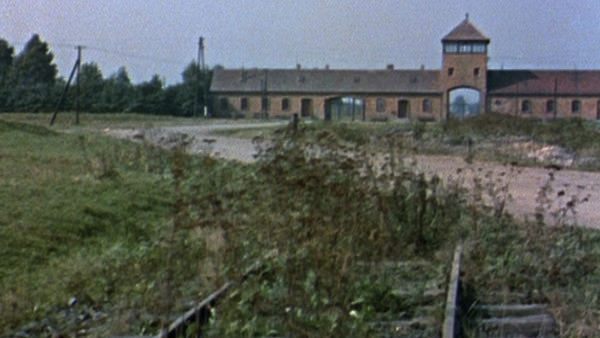

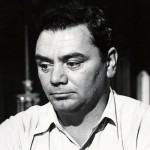
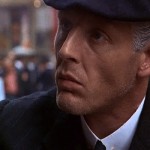
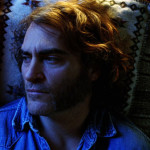

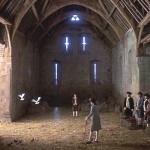








Pingback: Night and Fog | stugary